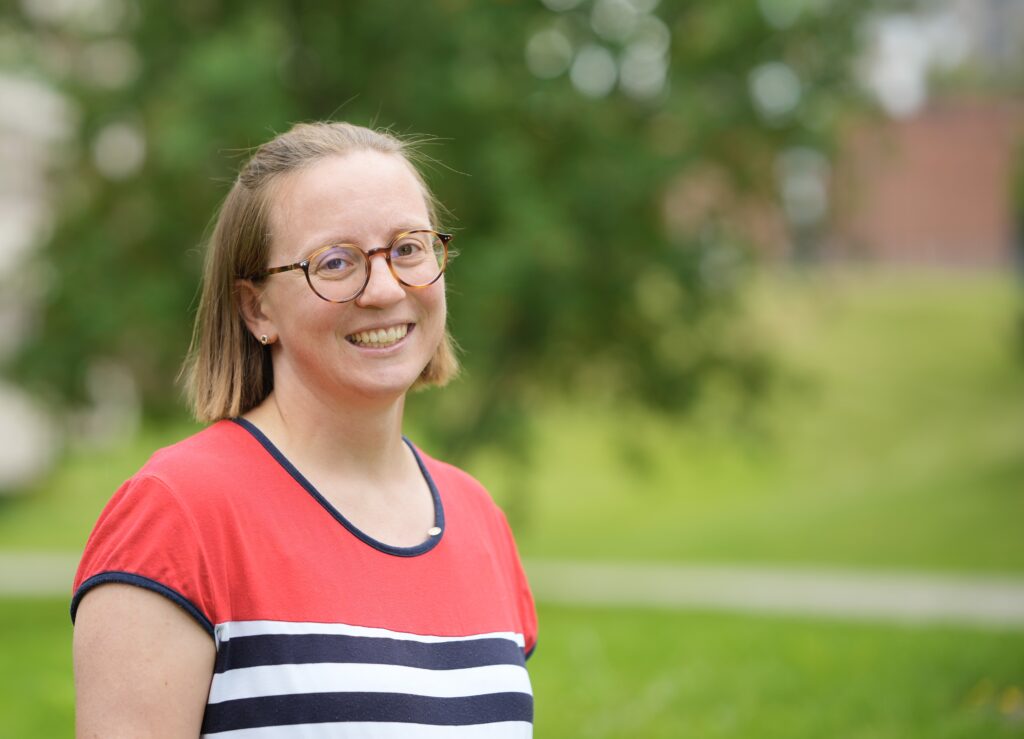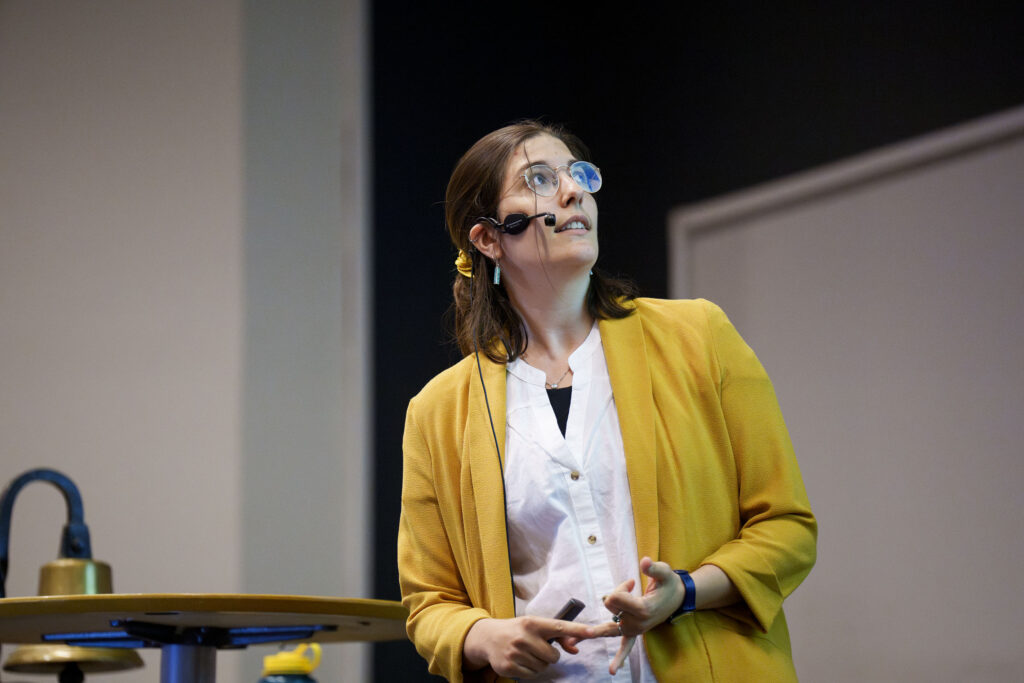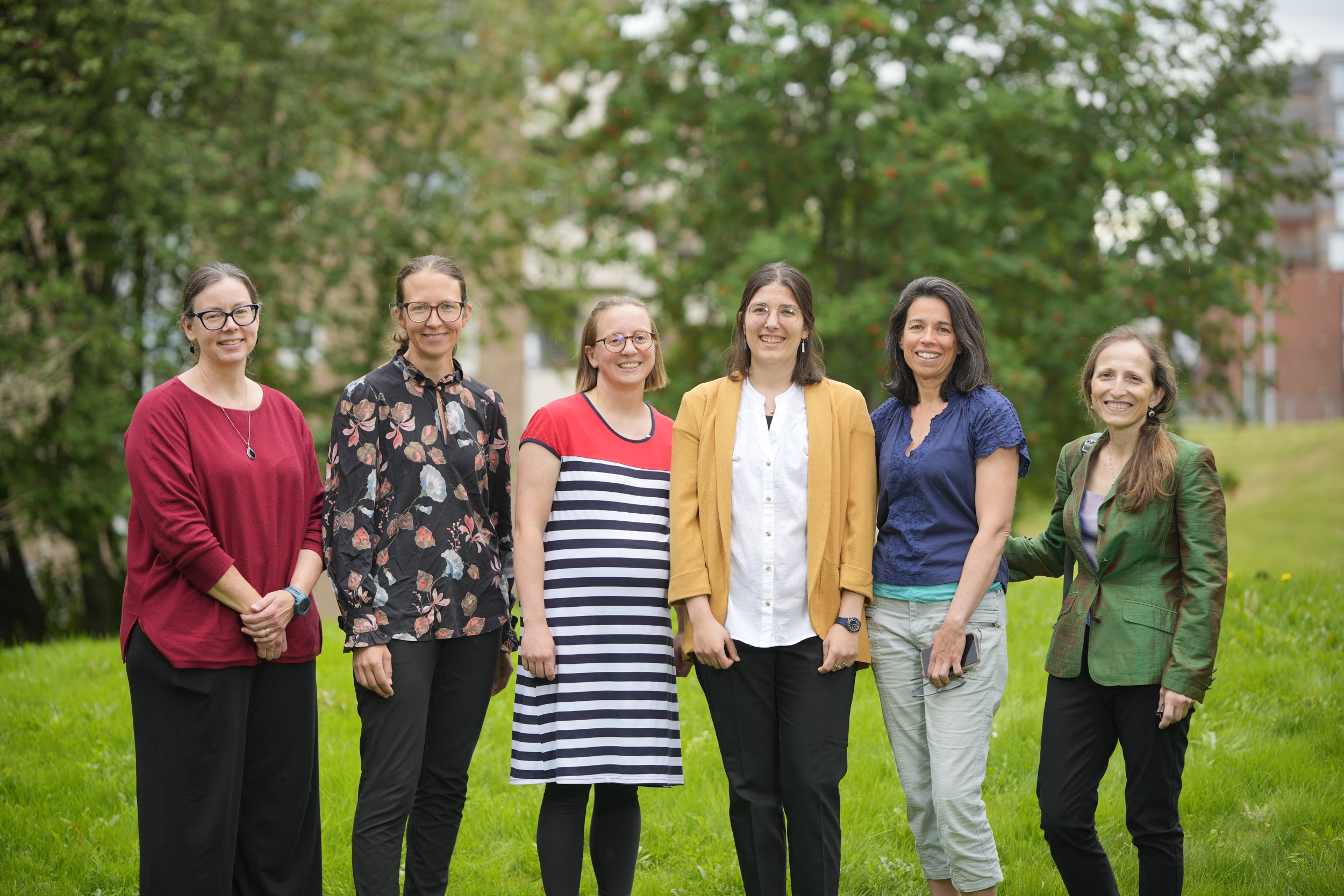She is a professor in marine structures at the Department of Marine Technology at NTNU, with an extensive portfolio of research on floating offshore wind. She has supervised PhD candidate Irene Rivera-Arreba, who will defend her dissertation against two female opponents this Friday.
Qualifications matter most

“It’s the qualifications of the opponents that matter, not their gender. But it was particularly exciting to have two highly qualified women to evaluate Irene’s dissertation,” says Bachynski-Polić.
At the Department of Marine Technology, the percentage of female salaried PhD candidates is 27%. Across the Faculty of Engineering, the proportion is 35%, with 125 female and 235 male PhD candidates.
Rivera-Arreba’s dissertation investigates various wind models for floating offshore wind, including models for standalone turbines and turbines in larger wind farms.

“Research is crucial for improving wind turbine design, including making floating offshore wind more cost-effective,” says Rivera-Arreba.
Diversity – a health sign for workplaces
The Norwegian labor market is still highly gender-segregated. A lack of diversity can be a hindrance to development.
“We need good engineers and researchers of all genders in all industries. Diversity is essential to bring out different perspectives and solutions, especially within renewable energy and the green shift, which is essentially a new industrial revolution happening in this century. Various studies show that diverse workplaces lead to both better well-being and higher profitability,” concludes Bachynski-Polić.
Rivera-Arreba defended her dissertation at NTNU on Friday, August 9, 2024.

